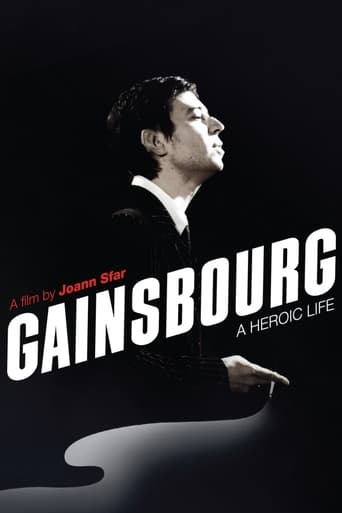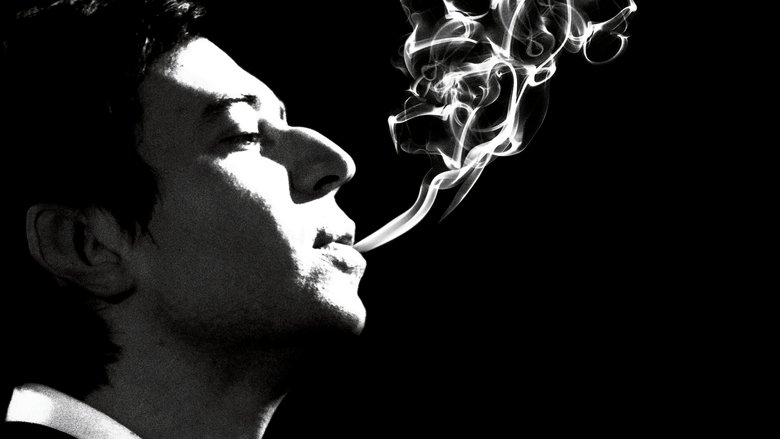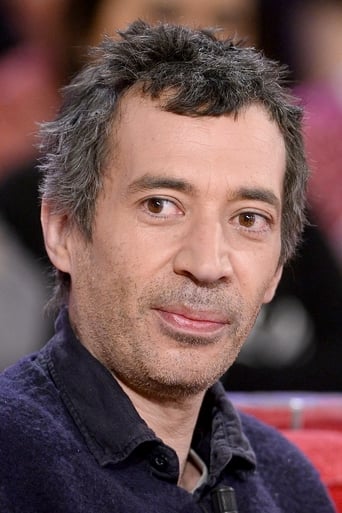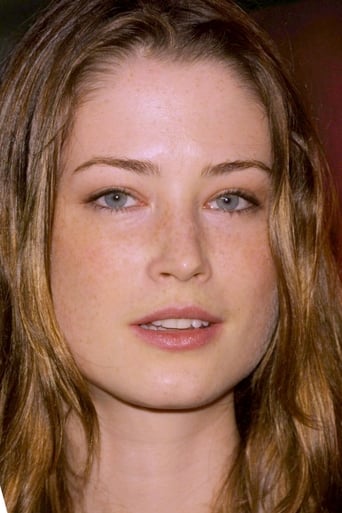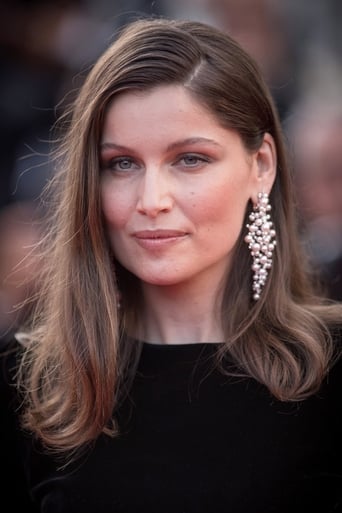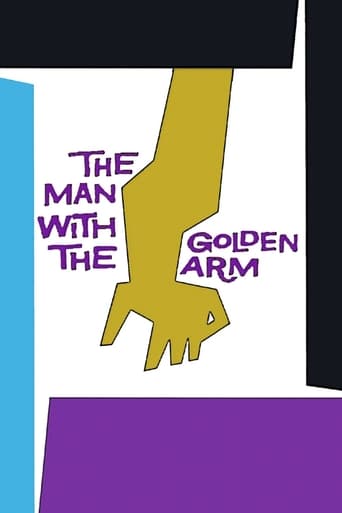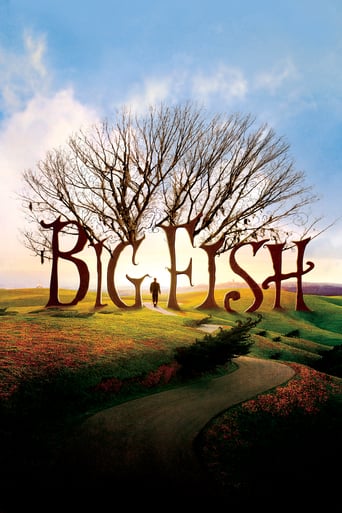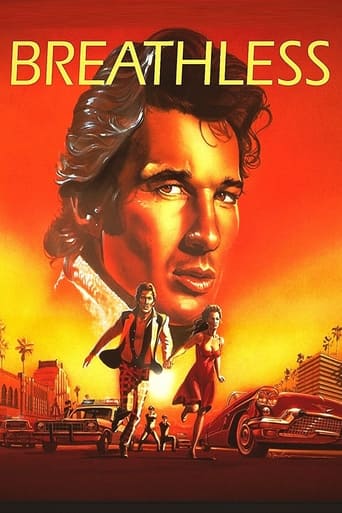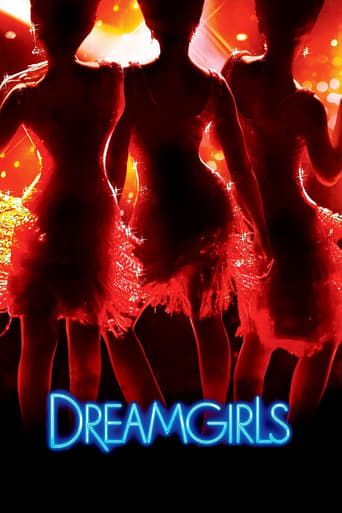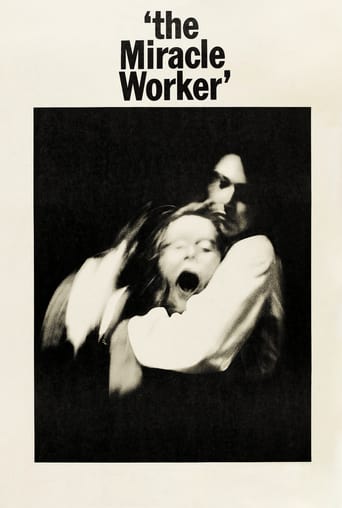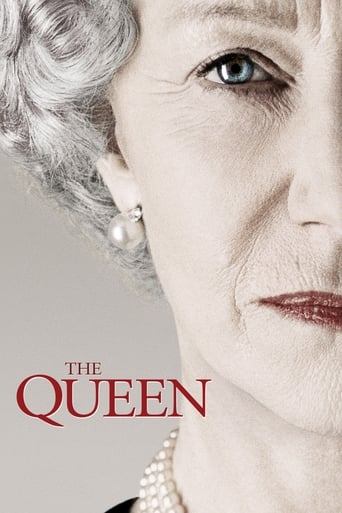Gainsbourg: A Heroic Life (2010)
A glimpse at the life of French singer Serge Gainsbourg, from growing up in 1940s Nazi-occupied Paris through his successful song-writing years in the 1960s to his death in 1991 at the age of 62.
Watch Trailer
Free Trial Channels
Cast


Similar titles
Reviews
Truly Dreadful Film
A Disappointing Continuation
The best films of this genre always show a path and provide a takeaway for being a better person.
I think this is a new genre that they're all sort of working their way through it and haven't got all the kinks worked out yet but it's a genre that works for me.
The best aphrodisiac for ambitious women is cash. Serge knew the secret to unlocking cash. Women wanted to know Serge to unlock him. So he could unlock cash for them. (Les Saucettes was The Mega Trolling of the 20th century)As a first generation immigrant from Russia, I can easily identify with Serge's parents. From the parent's prospective - the film is spot-on about struggles of the second generation immigrants. Kids torn between two cultures. Not the poor-basketball-playing-refugee kind. But the over-educated middle class kind. Cursed with sensitive nature. Trying to fit in. And giving up.Serge had given up. And killed himself slowly. That's the story.
It would be difficult to make a dull film about someone as fearlessly unconventional as iconic French songwriter, Serge Gainsbourg (1928- 1991).This, after all, was the man who coaxed a teenage starlet unwittingly to sing a song about oral sex; who outraged French nationalists by releasing a reggae version of 'La Marseillaise' with Jamaican musicians, Sly and Robbie; who propositioned Whitney Houston live on French TV. His sex obsession wasn't all talk, either; he seduced the likes of Brigitte Bardot, Juliette Gréco and Jane Birkin. In Britain, he is best known for the chart-topping moan-and-groanathon 'Je T'Aime Moi Non Plus' and largely remains a minority interest here. In France, however, he has long been held up as a national treasure, a symbol of Gallic panache, style and defiant rule-breaking. And today, you can't help wonder whether the French need him more than ever.As a first-time director, Joann Sfar does a credible job with Gainsbourg (Vie héroïque) in charting the many colourful incidents in Serge's career. There are so many rich pickings in Gainsbourg's life that some of them, the aforementioned Houston controversy and the 'Lemon Incest' single that he recorded with his daughter Charlotte, are left out. Likewise, Gainsbourg's relationships are sometimes covered in a sketchy way; his life with his first wife, Elisabeth 'Lize' Levitsky, is mentioned only fleetingly.To be fair, though, Sfar appears intent on giving us a psychological portrait of Gainsbourg (superbly played by Eric Elmosnino), an exploration of what fuelled his demons, insecurities and ambitions. The film starts with the young Lucien Ginsburg - his real name - experiencing the degradations of Nazi-occupied Paris. As Jews, he and his family are forced to wear the yellow star and to look at grotesque anti-Semitic caricatures everywhere they turn. This is perhaps the most eye-catching part of Gainsbourg - it's an unflinching examination of French complicity in the persecution of its Jewish citizens. Elsewhere, the film notes how Gainsbourg's 'trouble making' was sometimes blamed on his Jewishness, and was therefore said to have played a part in stirring up anti-Semitism.All of this is dealt with in an impressive, playful style: an anti- Semitic caricature from a Nazi poster comes to life and follows young Lucien around. Later on, a similar grotesque version of Gainsbourg himself, 'The Mug', acts as a sort of right-hand demon, willing Gainsbourg on to greater mischief, seduction and, importantly, artistic achievement.We see Gainsbourg the struggling painter and writer, earning a crust playing muzak piano in Paris bars before discovering his real strengths as a witty lyricist and strikingly original songwriter capable of turning his hand to any musical genre. Curiously for a music biopic, Gainsbourg's songs only make cameo appearances, such as when Bardot (Laetitia Casta) zips up her boots to the sound of an instrumental version of Harley Davidson. And there's an amusing scene where, mid- 1970s, Gainsbourg tries his hand at jerky new wave – successfully – with his notorious 'Nazi Rock' single. Unfortunately, no amount of stylistic brilliance compensates for his declining 1980s period, wherein Gainsbourg's Olympian intake of cigarettes and alcohol took its toll on his appearance, voice and general demeanor. It almost unravels the iconography he created during his peak, but the fact he could still pull beautiful young women suggests he hadn't quite lost it.The fascinating thing about Gainsbourg is as much what it says about contemporary France as about Serge's life. The film was released in France in the midst of a national debate on French identity. And since the fiasco of France's World Cup campaign in South Africa this summer – when the team revolted against the coach and suffered an ignominious early exit - this identity crisis has intensified. One French journalist reckons that the 'bad-tempered, illiterate and uncultured' national football team are symptomatic of a broader malaise across the whole of French society. The world of art, music and writing so lovingly portrayed in Gainsbourg is no doubt a forlorn reminder of the High Life that France was once fondly associated with.Serge's musical gifts are an advertisement for the cultural gifts that the French nation has often given Europe and the rest of the world. But the film's recurring meditation on racism and anti-Semitism in France - and the constant shadow of Nazi collaboration - is also a signifier of national self-loathing and self-doubt. Indeed, last year's French remake of the Gaullist 1969 film Army of Shadows, retitled Army of Crime, acknowledged the French state's complicity in Nazi atrocities that the original left out. This would have been unthinkable even a decade ago.In this sense, France is going through a similar bout of national self- abasement to the one Britain has been experiencing for the past 10 years or so. Revelations and then movies about Britain's dirty war in Northern Ireland have become commonplace, as have apologies from on high for Britain's colonial record generally and its role in the African slave trade.The French president, Nicolas Sarkozy, was on to something when he said he was worried about the shift towards 'self-hatred' within French society and its potentially destructive impact. Unfortunately, his call for a debate about 'national identity' has been as clumsy as that initiated by British politicians, while his decision to stop Muslim women wearing the burqa in public suggests that France really has lost its understanding of what it means to be a secular, liberal nation rooted in Enlightenment values.Gainsbourg appears to be influenced by these contemporary tensions in French society. While on the one hand it happily plays on the Gallic stereotypes of freedom-loving aesthetes with a liberal attitude towards sex, it also morbidly dwells on the Nazi occupation and residual racism across French society. Appealing to past glories and abasing past disgraces, however, won't help resolve the question of French national identity today. The French only need to look across the Channel to see the folly in that strategy.
###### Might contain spoilers ######### I personally found the portrayal of decay one of the most impressive features in the movie. The character's fall naturally depicts the transition of the haute-couture from the war-years, which was yet a reminiscence of Golden Era, yet with a little less social exclusion, towards the chaotic and disturbing culture the re-building process in the post-war years.You can see it first in the transition of the protagonist's manners, which change from subliminally provocative in childhood towards openly ironic during the time spent with Brigitte Bardot - every attempt to remain sincere and "ernst" during this time must have been felt as a facre - , towards unreflected vulgar anti-everything proclamations you see in the re-make of the sex-driven song and the years after.Also, you can see it in the changing clothing, which slowly progresses and finally finds its point of no return when Gainsborg finds his British wife. First of all, it's the inter-national coupling, which of course introduces compromises on all sides, and which also makes him send away his visage, which is basically a symbol of his genius overall. What he sends away is the normed cultural knowledge he gained as an aspiring French intellectual. Accepting to embrace the then more inter-national culture, he becomes basically a perverse anti-hero which resembles the Proustian portray of Bloch. While he learns and transcends the inter-disciplinary approach towards the new culture, he becomes a torn-apart individual and ultimately an outsider for both the French and the British society, in which he lives, becoming truly an international cultural outlaw. (The first hint at his outlaw status is the rejection of his song written for Brigitte) So, his clothes change towards what you would think a typical drug-addicted rock-n-roll star outfit and has not the slightest scent of culture and style left. He resembles a little bit the latest pictures found on Dylan.But most interestingly is the attempt to relate this final breakdown with the his experience of WW2, something that is dominantly present in the scenes where he performs the Marseillese. You see that subconsciously, he still is haunted by his past, and while his embracement of earlier haute-couture allowed him to feel at home and at peace somehow with his country and intellectual background, the emergence of a new form of pop culture - loud clubs where electronic music is played, an Asian looking girl friend, a ton of Garbage art on his estate -, you can see that this last piece of hope and divinity, which he found in the art of chanson writing, falls apart and leaves him with nothing left than ruins.The entire biopic hence deals somehow with the cultural breakdown of the entire society due to the rebuilding process of post-war Europe, and the massive dilution of cultural products across borders, and the end of self-consciousness it introduces with itself.The last dignity, initially spared by the war experience and conserved in the intellectual networks of Paris, vanishes. And even worse, he probably experienced to have contributed to this mess. When the Asian looking girl comes straight to the point asking if he wanted to "fuck" her, while he was still trying to frame his intentions more elaborately as a gentleman, he must have ultimately realized that everything was over. He was not even part of the outlaw movement anymore. He was just some random individual that was perceived as following its most primal instincts. At that point, he say "NO. Don't you dare to leave." Another point of no return.Yes, because there he was. An alcoholic, post-intellectual and vulgar individual. What was left to do, but to escape everything and forget about what he once deemed important by making another baby and becoming a family man after all. The rage and violence have vanished in the final scenes, simply because anything that he could rage about was dead.Apart from that, as already mentioned, the film was catchy, atmospheric and somewhat epic.
GAINSBOURG (Vie héroïque) from the Studio Canal stable depicts the life story of Serge Gainsbourg from early childhood in the 1930's and 40's, until just before his death in 1991.Born Lucien Ginsburg – and as an impressionable youth he felt outcast as being a Jewish child in Nazi occupied Paris in the 1940's – leading him to develop an imaginary friend who adopted an increasingly grotesque caricature / persona of himself that would lead him on to do more and more outrageous things to "rebel" his situation and to attempt to gain an element of "love" and "acceptance" from his notoriety.A talented musician and artist, Lucien (who later was persuaded by friends to change his name to the more "acceptable" Serge Gainsbourg) became the darling of the social scene, charming his way through a succession of affairs with beautiful women – most notably Brigitte Bardot, Juliette Greco, and Jane Birkin.I'm surprised that they didn't have a cigarette company sponsoring this movie – as the sheer amount of fags smoked during this film must be some sort of record! After the showing of the film (at the Cineworld, Haymarket, London) we were treated to a Question and Answer session with the Writer / Director of this movie JOANN SFAR, who explained that the idea for the film came from his own graphic novel on Serge Gainsbourg penned by JOANN SFAR – and this pretty much formed the construct and ambiance of the movie – it is highly graphical and visual in it's content – much of it being fantasy visions and flashbacks within Gainsbourg's mind. Talking from the heart – Joann showed a real passion for the film, and was very open as to how the film was created.Gainsbourg became the darling of French society with his talent and flair – but he also would court scandal and became infamous for the release of "Je t'aime... moi non plus" (which he originally wrote for Bardot) and the seemingly disrespectful reggae version of the French national anthem "La Marseillaise", but love him or loath him – you couldn't ignore him ..The whole movie is very atmospheric, and some of the casting of this film was inspired – especially the terrific performances by Eric Elmosnini in the title role, the stunning beautiful Laetitia Casta as Brigitte Bardot, Lucy Gordon as Jane Birkin, Anna Mouglalis as Juliette Greco and Kacey Mottet Klein as the young Lucien Ginsburg.At the end credits of the film is a dedication "to Lucy" which referred to the actress Lucy Gordon – who (the director explained) played the part of Jane Birkin in the film – and who had tragically committed suicide during the final editing parts of the film – a talented actress – and a sad loss.At 2 hours 10mins long, in French with English subtitles GAINSBOURG will not be everyone's cup of tea but the film DOES keep you entertained and if you give it a chance, I'm sure that you will not be disappointed ...It's not big or clever to smoke, and it doesn't make you look cool unless you happen to be Serge Gainsbourg ! GAINSBOURG is on general release from 30th July 2010

